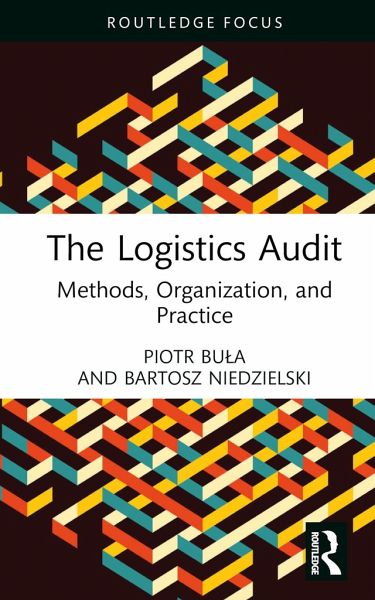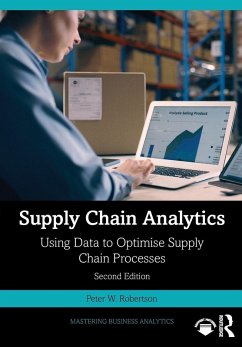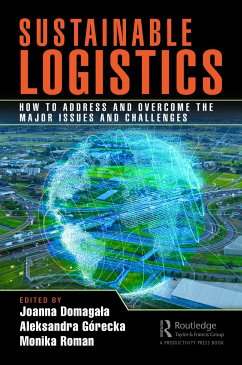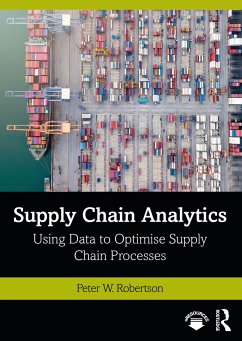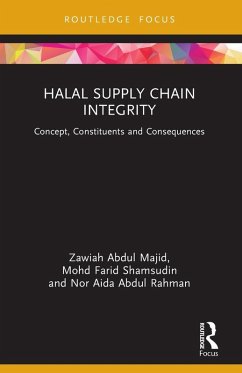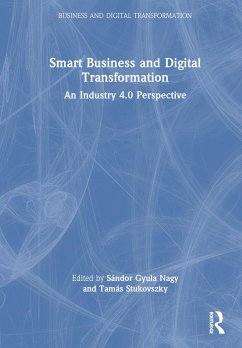Piotr Bula (Poland Cracow University of Economics)Bartosz Niedzielski (Poland Cracow University of Economics)
Gebundenes Buch
The Logistics Audit
Methods, Organization, and Practice
Versandkostenfrei!
Versandfertig in 1-2 Wochen
Weitere Ausgaben:

PAYBACK Punkte
32 °P sammeln!




This book explores the development, methods and impact of logistics audits on organizations.
Piotr Büa is an Associate Professor and Head of the International Management Department at Krakow University of Economics (KUE), Poland, Vice-Rector for Projects and Cooperation (KUE), former Director of Cracow School of Business (CUE), Senior Research Professor in Business Management Department at the University of Johannesburg, South Africa, and Grand Valley State University scholarship holder. He is the author or co-author of more than 175 publications in economics and management. His research interests focus on aspects related to the application of artificial intelligence and neuromanagement, risk management, internal audit, international management, and logistics. A member of international organizations associating professors and business practitioners in the management area: EFMD, CEEMAN, IMDA, GBATA, EIBA, GSSI, IAMB, EECSA, SAIMS. Bartosz Niedzielski is an Assistant Professor at Krakow University of Economics, Poland. He studied and conducted scientific activities, among other subjects, at the University of Greenwich (UK), University of Oxford (UK), London School of Economics (UK), Deggendorf Institute of Technology (DE), and Jagiellonian University (PL). He has over ten years of professional experience gained in global corporations in the BPO/SCC sector (mainly at HSBC). His research interests focus on aspects related to the application of artificial intelligence in organizations, management, and internal audit. He is the author or co-author of more than 50 scientific publications in economics and management, including the monograph entitled Management, Organizations and Artificial Intelligence: Where Theory Meets Practice (Routledge, 2021).
Produktdetails
- Routledge Focus on Business and Management
- Verlag: Taylor & Francis Ltd
- Seitenzahl: 154
- Erscheinungstermin: 1. März 2023
- Englisch
- Abmessung: 222mm x 145mm x 12mm
- Gewicht: 302g
- ISBN-13: 9781032461267
- ISBN-10: 1032461268
- Artikelnr.: 67400441
Herstellerkennzeichnung
Libri GmbH
Europaallee 1
36244 Bad Hersfeld
gpsr@libri.de
Für dieses Produkt wurde noch keine Bewertung abgegeben. Wir würden uns sehr freuen, wenn du die erste Bewertung schreibst!
Eine Bewertung schreiben
Eine Bewertung schreiben
Andere Kunden interessierten sich für




